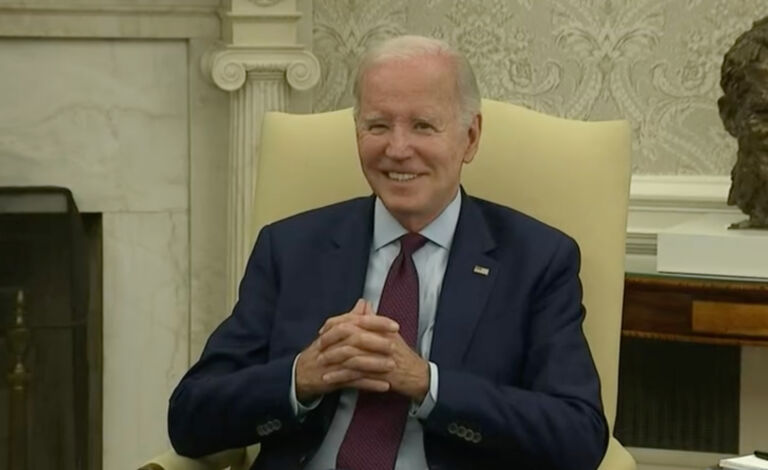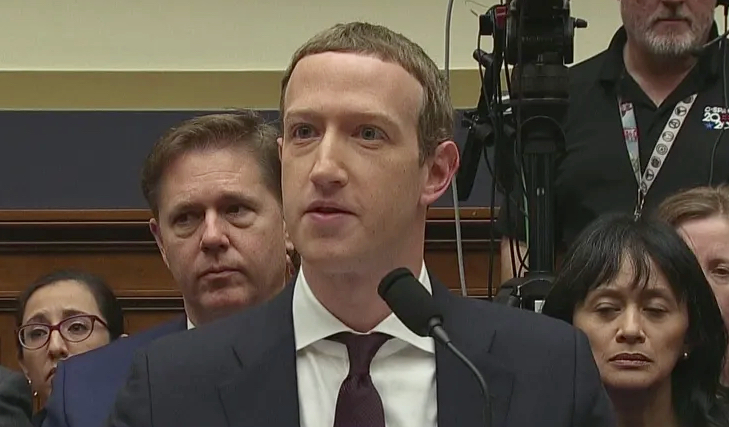Editors at the Washington Examiner offer a compelling explanation for President Biden’s support of higher corporate taxes.
Economists will tell you that hiking corporate tax rates doesn’t help the working class or middle class. Budget wonks will tell you that hiking the corporate rate won’t raise very much revenue. People who understand business and taxation will explain higher corporate tax rates mostly increase economic distortions by pushing corporations to structure their spending more around tax avoidance, effectively letting the tax code and politicians dictate business decisions.
Politicians will tell you, “That’s the point.”
Always remember why half of Washington wants higher tax rates and why nearly all of Washington wants a complex tax code full of loopholes, exemptions, and exceptions to exemptions: They want to force businesses and earners to seek Washington’s favor.
The 2017 Tax Cuts and Jobs Act lowered corporate rates to 21%, lowered individual rates, and increased the standard deduction. These rate cuts partly made up for the law’s failure to reform the tax code fully by simplifying it.
Full tax reform would abolish nearly all corporate tax credits, would remove many deductions, and close all loopholes. Tax reform helps the economy by removing incentives for companies to spend and invest in inefficient ways. When companies instead spend and invest according to what consumers demand and markets prescribe, then the pursuit of profit leads businesses to serve the public. When tax rates are high and the tax code is complex, companies instead seek ways to minimize taxes, which often involves pointless, costly maneuvers.
But nearly every loophole, exemption, and tax break in the economy is the fruit of special interest lobbying, and so Congress often lacks the fortitude to remove these favors. Second-best is reducing the demand for loopholes by lowering the rates.
While a company may maximize profits from playing games to defer or offshore profits when tax rates are 35%, it’s still likely inefficient from an economic perspective.


